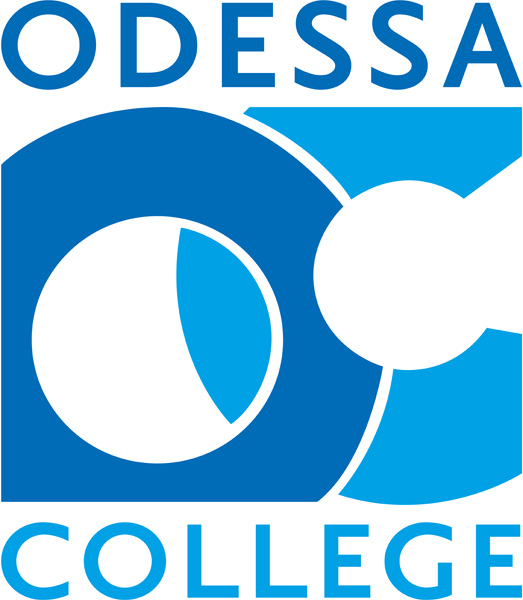Odessa College students who may be feeling stressed out or overwhelmed can now take advantage of the app Meta Teletherapy.
Director of Student Support Services Kristi Clemmer said it was launched in September.
“It’s so new that I haven’t received any data, but I know students have downloaded it and we know of some that have used it,” Clemmer said.
Students download the app and then they are connected.
“It’s very much like a doctor intake form, like Doctor on Demand. They can either see someone immediately, whoever is first available, or they can use filters to pick someone that’s more like themselves. They can pick gender, ethnicity, religious preference, and those filters will help find someone that’s very much like them, or even the same language other than English. They can choose that and then out of the providers, they’ll get a selection to choose from, and then they’ll schedule an appointment,” Clemmer said.
It’s a minimal wait if you take the first available doctor. If you use the filters and it’s not an emergency, they may get you in in a couple of days.
Odessa College had a licensed professional counselor on campus, but they resigned and trying to find someone full-time that would be the right fit was difficult, she added.
“We do have a part-time counselor on campus. But with him being part-time, it is limited hours and we decided that it would be best to do something like this where students could have access whenever they needed it. We could always still hire a licensed counselor to be in-person, but this … just opens up the possibilities for students to have therapy wherever they need it,” Clemmer said.
The therapists are available 24 hours a day and from all over. But many are located in Texas.
Clemmer said the need for counseling increased during the pandemic.
“We were able to do virtual sessions with our licensed professional counselor, but students did definitely feel overwhelmed, anxiety — all the things that we felt during the first part of COVID. Then just carrying that, trying to go back to normal, it was very difficult for students to relax enough to go to class,” Clemmer said.
She added that some students have noticed that they still don’t feel the same as before COVID.
“We did have several students come to us within the last six months who had experienced a lot of trauma in their own life, and so that was another one that we were able to get them some assistance with the mental health, too, because they kept just breaking down and they couldn’t get to the root of how to solve it on their own so they decided to try therapy. I think that a lot of those students are continuing with therapy, so that’s really good because there’s such a stigma, especially in West Texas,” Clemmer said.
“I think that with this app being so private, you can do it anywhere. You can do it in your car; you (can access it) in the privacy of your home,” she added.
Odessa College is covering the cost of the subscription, so students can have up to three visits for free and there are options after that.
“They can continue care by requesting it through our office, or they can also be referred to a community agency. And then lastly, they could, if they have private insurance, they could choose to use their own insurance and continue with the same care in the app,” Clemmer said.
Some students may be dealing with heavier issues that require more than three visits, but there are others who might just be homesick, she said.
“It is limited to OC students, not including dual credit students at this time because they receive support through their high schools, or their independent school districts,” Clemmer said.
Clemmer said the subscription was about $20,000 a year and getting it was relatively quick.
“That’s for the subscription, and then we pay for the student hours separately,” she added.
She noted that OC has a Behavioral Intervention Team on campus.
“That team works together to support students that are in crisis, or may be exhibiting symptoms in the classroom or around campus. We work together to support those students,” Clemmer said.
The team includes members from Student Support Services, Student Life, the early college high schools, social worker and disability services.
Clemmer said she doesn’t think the team is required, but it’s good practice.
“Most campuses I’m aware of have some sort of team that is similar to support the students,” she said.




